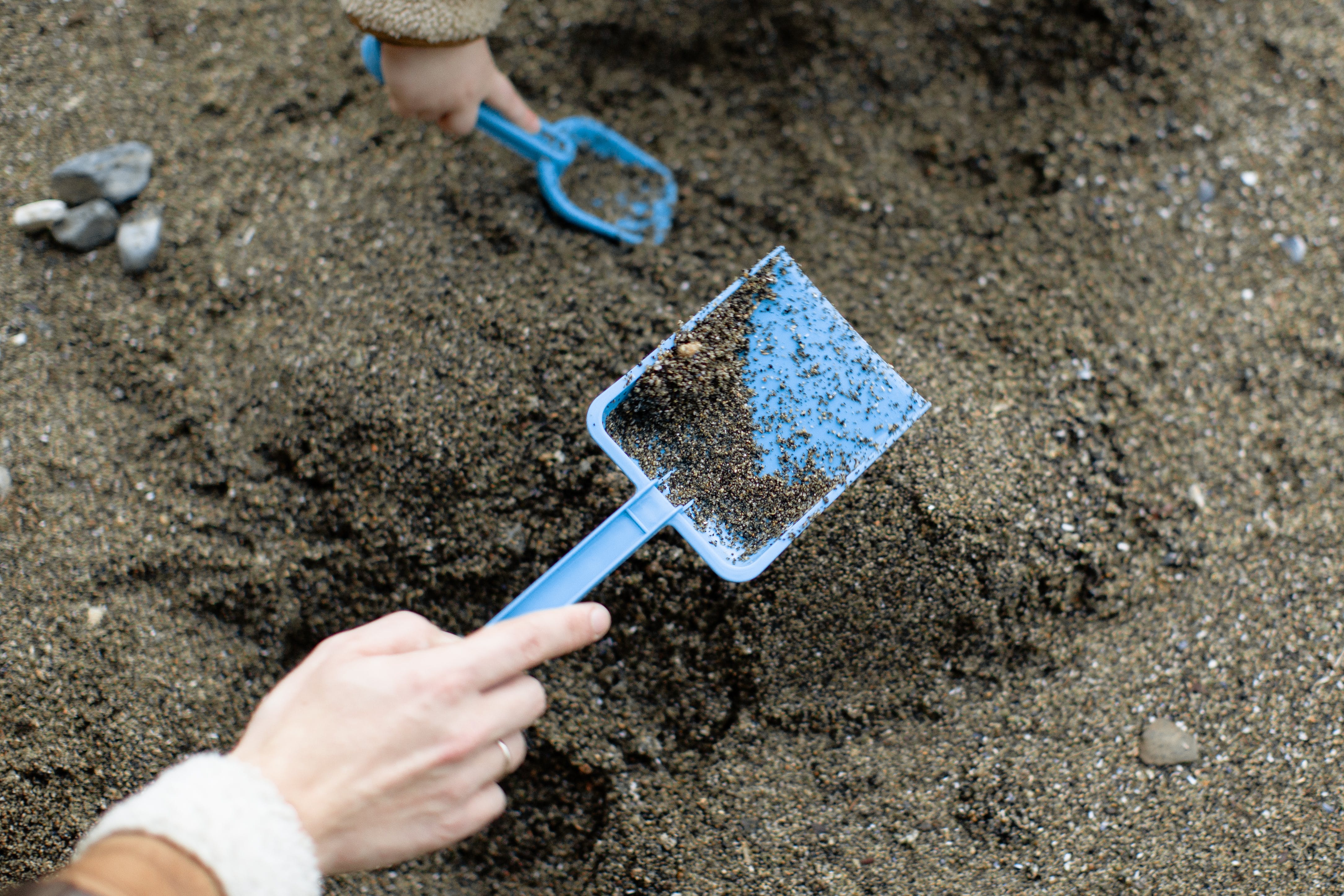Table of Contents
The Importance of Understanding Child Development
Understanding child development is crucial for anyone working with children, including babysitters. It provides valuable insights into the physical, cognitive, emotional, and social changes that children undergo as they grow. By having a basic knowledge of child development, babysitters can tailor their interactions and activities to suit the individual needs and abilities of the children in their care. This can help to create a positive and nurturing environment that supports children in reaching their full potential.
On-Demand Childcare in Your Neighborhood
Book a Sitter
The Different Stages of Child Development
Child development is typically divided into several stages, each with its own set of milestones and characteristics. These stages include infancy, toddlerhood, early childhood, middle childhood, and adolescence. During each stage, children experience significant growth and development in various areas such as language, motor skills, social skills, and cognitive abilities. By understanding the key features of each stage, babysitters can better anticipate the needs and behaviors of the children they are caring for, and provide appropriate support and guidance.
How Child Development Impacts Behavior
Child development has a significant impact on a child’s behavior and interactions with others. As children grow and develop, they go through various stages of maturity that shape their personality, interests, and relationships. Understanding how child development influences behavior can help babysitters to respond effectively to challenging situations and support children in developing positive coping strategies and social skills. By recognizing the underlying reasons for certain behaviors, babysitters can provide the necessary guidance and encouragement to help children navigate their emotions and interactions with others.

Tips for Supporting Child Development as a Babysitter
There are several ways that babysitters can support child development and create a nurturing environment for the children in their care. Some tips include engaging children in age-appropriate activities that promote learning and creativity, encouraging independence and self-expression, setting clear boundaries and expectations, and providing positive reinforcement and encouragement.
By actively engaging with children and fostering their growth and development, babysitters can help to build strong and positive relationships that benefit both the children and themselves.
Resources for Further Learning
For babysitters who are interested in learning more about child development, there are many resources available to help deepen their understanding. Books, online courses, workshops, and seminars are all excellent options for expanding knowledge and gaining practical skills in working with children. Additionally, seeking guidance from experienced child care professionals and educators can provide valuable insights and advice on how to support child development as a babysitter. By continuing to educate themselves and stay informed on the latest research and best practices in child development, babysitters can enhance their abilities and provide high-quality care for the children they work with.











